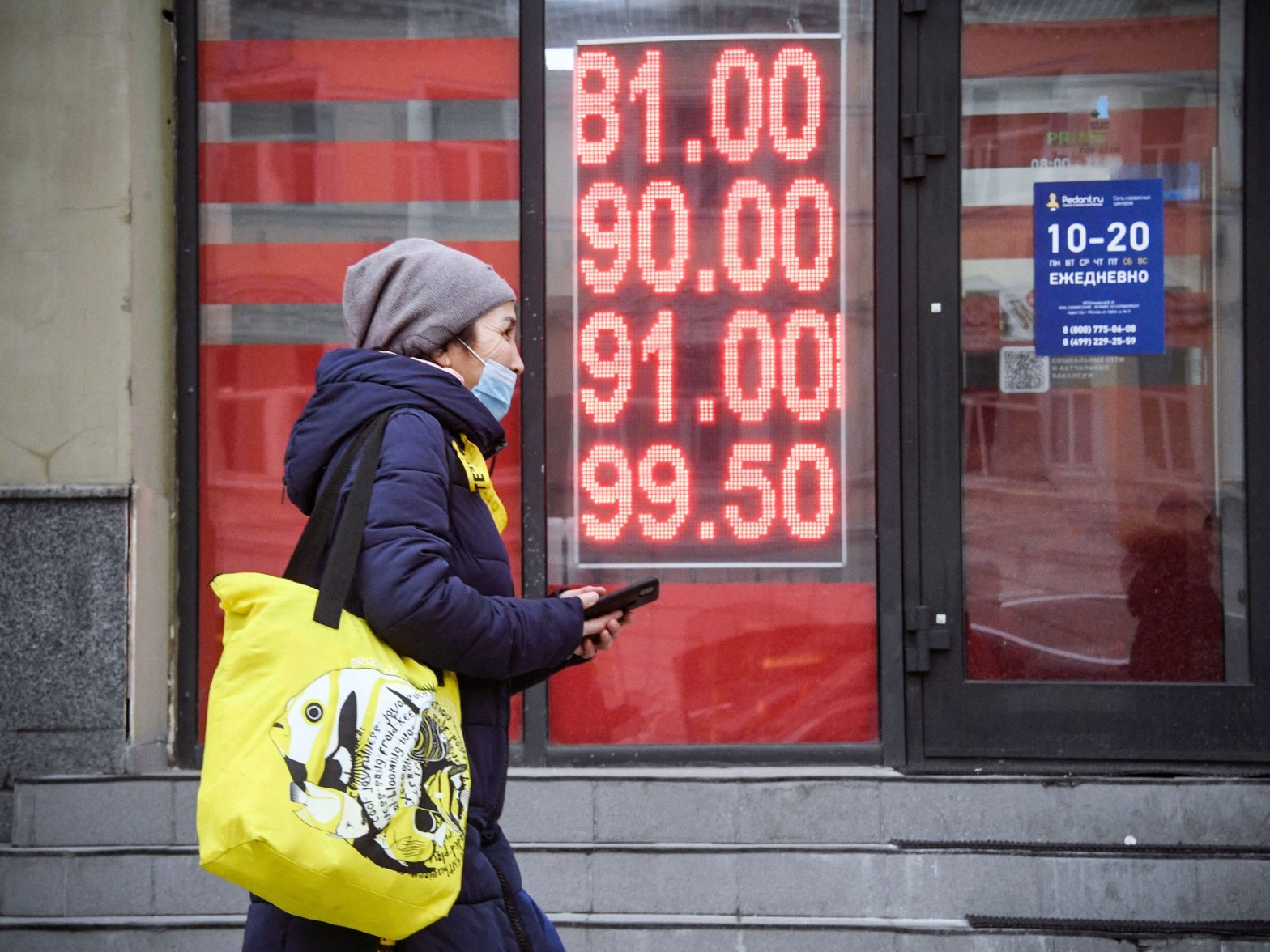Russia’s economy is going though “reverse industrialization,” Finland’s central bank said. The country is shifting away from investments in technology to support its war on Ukraine. “Russia is stuck ineluctably on a path to lower potential growth and a bleak economic future.” Loading Something is loading.
Thanks for signing up!
Access your favorite topics in a personalized feed while you’re on the go.
Russia is experiencing “reverse industrialization” as Western sanctions and its continued war on Ukraine weigh on long-term economic growth prospects, Finland’s central bank said.
While 2022 saw Russia hit with a “financial shock, a trade shock, and an uncertainty shock,” its GDP proved more resilient than expected, only contracting by 2.1%, Laura Solanko, a senior advisor for the Bank of Finland, wrote in a recent blog post.
But sanctions continue to weigh on the economy, she added, so businesses have switched to inferior or pricier inputs, with some shifting from high-tech to low-tech.
As a result, the Russian economy has been experiencing a structural transformation to become more self-sufficient and state-controlled, according to the blog post. The Kremlin has had to find import substitutions and stray from partners that the government deems as “unfriendly countries,” which represent more than 50% of the global economy.
“Such policies can only succeed with huge investments in domestic production to replace lost imports, as well as the construction of new transportation links to the east and south,” Solanko said. “As resources are limited, this implies less investment in other sectors, including potentially more productive areas.”
The country’s investments will continue to move away from the technological frontier, she said, referring to the economy’s current state as the “reverse industrialization.”
If the war continues, Russia will inevitably allocate more investments that support the government’s brutal invasion efforts.
“This applies not only to the military-industrial complex, but to the many sectors that support the war effort, including textiles, food and medicines,” Solanko added. “Even ignoring the fact that resources are easier to misallocate in a wartime economy, Russia is stuck ineluctably on a path to lower potential growth and a bleak economic future.”
